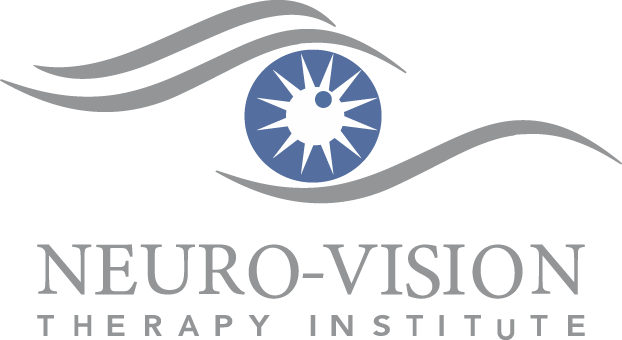When is Vision Therapy Required for Children?
If visual pathways from the eyes to the brain are not functioning properly, there is a disruption in how an individual sees their environment and interacts with it. These issues are most commonly noticed when they become serious enough to disrupt schoolwork, ease of learning or interfere with tasks at work. People do not outgrow these vision conditions if they have them as children. In fact, they typically worsen as school work becomes more challenging with higher grade levels.
Thankfully, with proper vision testing, visual deficits can be uncovered and vision therapy can remediate these conditions. The eyes are really an extension of our brain, and each part relies on the other to have clear, comfortable, accurate, and effortless vision.
Why Vision Problems in Children are Often Hidden
If you were to ask your child how well they see or if they have any symptoms, what do you think they would say? Those might be tough questions for a lot of children to answer because most children do not realize how they are supposed to see. Visual deficits are often masked by other conditions like dyslexia, ADHD/ADD, 2E (twice exceptional), behavioral challenges, and sensory processing disorders because there are many overlapping symptoms. Furthermore, children may not vocalize or express concerns about their vision because they believe the way they see is how everyone sees. To help parents objectively understand the seriousness and severity of the symptoms their child is experiencing, we created a helpful online Vision Symptom Quiz. It takes only a few minutes, and is scientifically proven to determine if vision symptoms are severe enough to be evaluated.
The Importance of Developmental Vision Evaluations
As a parent, it is crucial to have your child’s vision assessed starting in infancy. We also recommend that you see a neuro-developmental optometrist who specializes in assessing and treating visual deficits that relate specifically to reading and learning once your child begins school. Many visual deficits are not caught by a vision screening with your child’s pediatrician or at their school. These screenings often only assess how well a child can see clearly at twenty feet away but do not evaluate tracking, focusing, eye-teaming, depth perception, peripheral vision, or a number of other critical visual skills. That is why developmental vision testing is such a critical piece of our Neuro-Vision Evaluations at NVTI.
When Vision Therapy Can Help
While vision therapy does not specifically treat reading or learning disorder, vision issues that interfere with learning are fully treatable and enhance abilities in reading and performing successfully in school.
Vision therapy is a series of procedures and activities designed to provide the brain with a specific sequence of achievable challenges to improve visual skills. Through vision therapy, we are able to improve the identifiable visual deficits that may be keeping your child from working to their full potential. If you believe your child is experiencing a binocular vision issue that could be helped by vision therapy, a Neuro-Vision Evaluation conducted by a Neuro Optometrist is the only means of getting a clear and accurate diagnosis.

